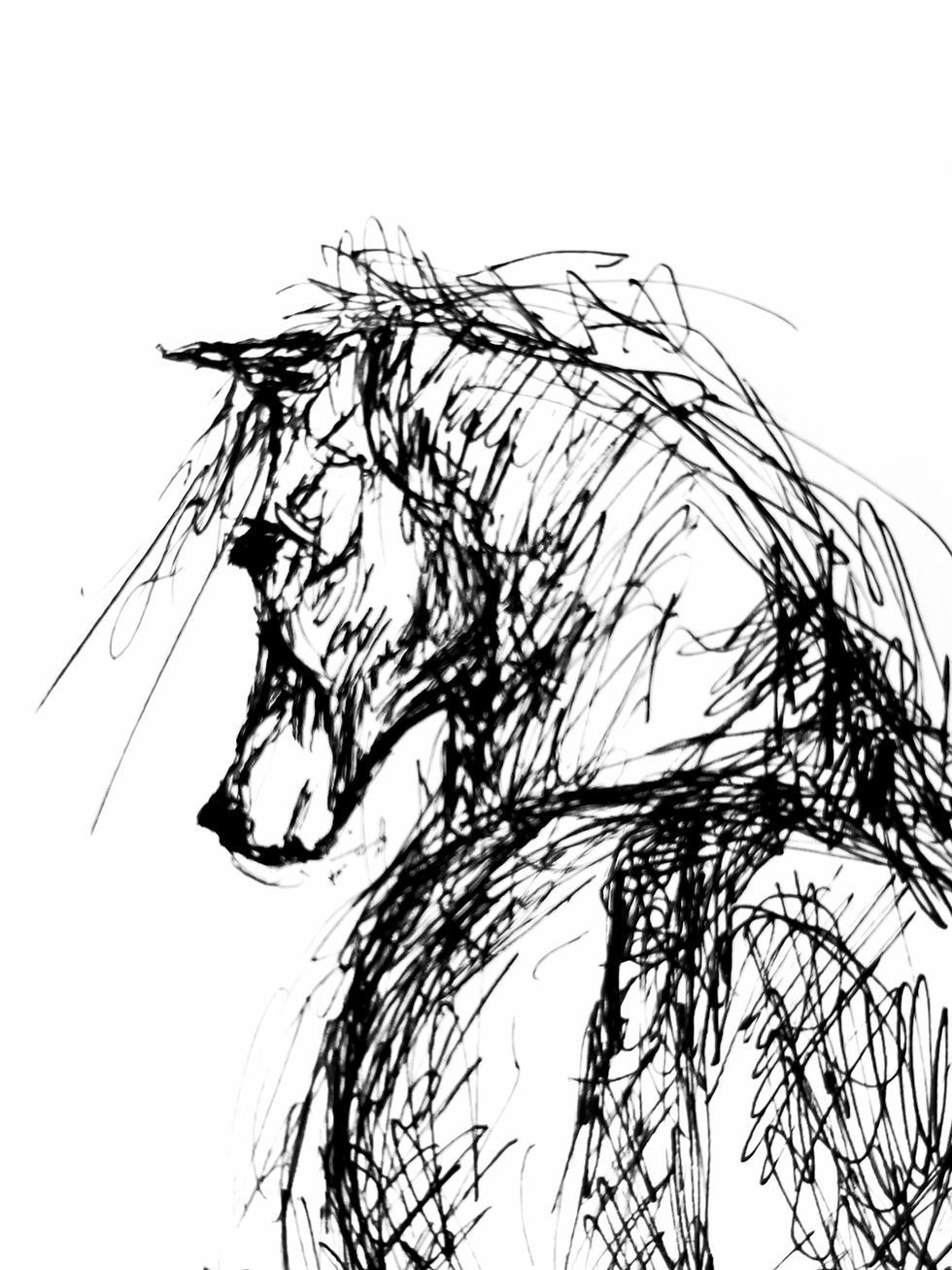With whip or without - if with then how?
- Anna Urlich
- Jul 2
- 3 min read
There has been a lot of controversy recently about the use of the whip. For people who love horses but know little or nothing about horse training, using a whip is often associated with the use of violence, and in the face of the increasing exposure of world-class riders, ongoing investigations, their exclusion from associations and withdrawal from competitions, it is hard to disagree with such a perspective.
Unfortunately, this gives us a picture of the grim reality of how far-reaching frustration and helplessness can lead to a distortion of what true horsemanship is about.... The consequence of this is that horse riding, instead of being associated with a sport based on building a unique bond and understanding with a horse, is perceived by many people as an act of cruelty and satisfying sick ambitions and feeding one's own ego. But people who "can ride" and, importantly, love horses, know that this is not the case.
From the perspective of many years, I believe that a whip is only and exclusively a guide - an extension of the rider's leg and arm, and the horse should have the same respect for this tool as for a hoof pick, but remember that in the hands of an inexperienced barber, even a razor can become a murder weapon. So it all depends on how, when and why we use tools, which are primarily intended to show the way to improve the skills of our charges and build awareness of their bodies in the face of our actions. At the same time, let's remember that a persistently kicking calf, which will ultimately lead the horse to blunt to this riding aid, is definitely worse than the gentle use of a whip, supporting the brush of the calf and teaching the horse the correct reaction to its use. Unfortunately, I have also observed riders who literally vented their day-long frustrations on their horses... So if you're having a bad day (which happens to everyone) and you can't shut off your thoughts from difficult events so that you can get on the horse with a clear head (it happens sometimes), it's better to go for a walk with your dog or get your favorite ice cream with a friend, instead of abusing the poor creature who gets the fallout for your human failures, which he simply doesn't understand, and which can result in permanent physical and mental injuries, expressed, for example, in a reluctance to participate in any kind of activity related to human touch or presence.
Let us also remember that physically mutilating horses is just as cruel as psychological abuse of them, and the damage caused by the lack of skills of the caretakers - i.e. all the people involved in maintaining their well-being, not just the riders, can lead to disorders and disorders that will take months or even years to rebuild and, unfortunately, will not always end with a happy ending. If you are a person who wants to learn to ride a horse and you end up in a school where the instructor tells you "kick him", "if he can't do it, hit him with a whip, or better yet, just hit him harder", then rest assured that you have probably ended up in a pathological school and it is better to run away from such a place as soon as possible, reporting such a case to the adequate association responsible for animal welfare on the way.
Finally, I would like to thank all my trainers for never teaching me to hit horses, and for never using the whip as a torture device to punish them, or even less to vent my frustrations. Of course, every rider develops their own style over the years, and I am glad that with such foundations I can now consciously use the whip as a signpost, which each of us sometimes needs on our path to development, which I wish for you and your horses.
Best regards
Anna Urlich



Comments